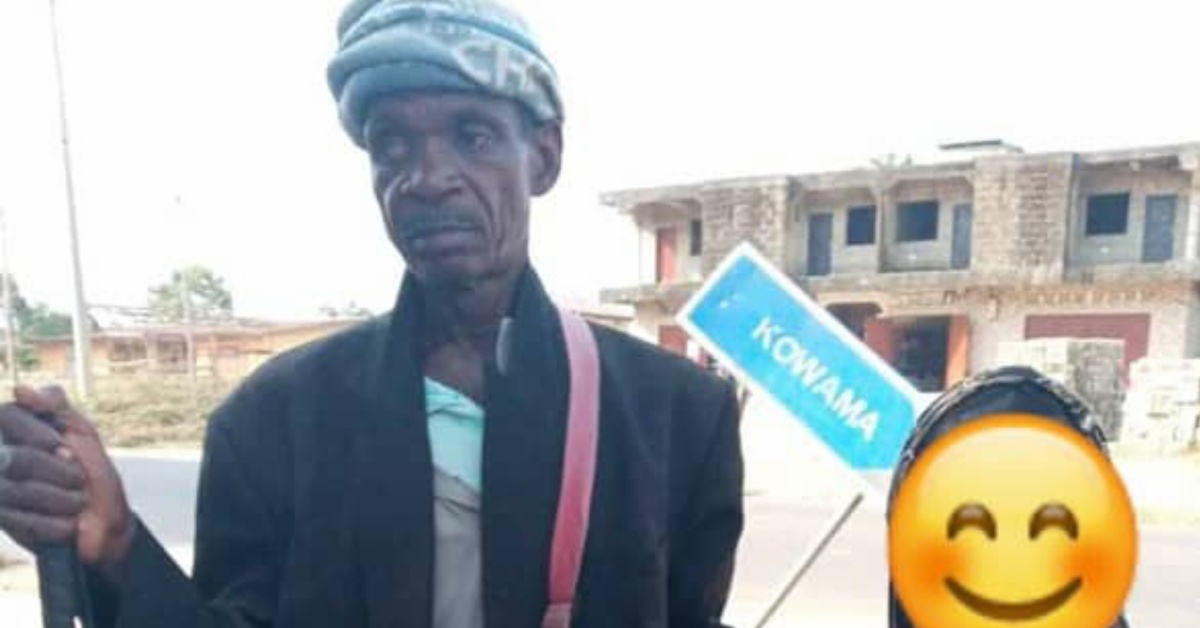Bo fights a growing crisis as the number of child beggars rises, raising alarming concerns about their access to education and overall welfare.
Despite government initiatives to provide free quality education, families involved in begging activities are prioritizing economic survival over their children’s schooling, leaving these young ones at risk.
Henry Missilie, a 70-year-old beggar, shared his plight after seven years on the streets. He explained that the meager income from begging is vital for his family’s basic needs, leading him to involve his children in the activity as well. Mr. Missilie, who lost his eyesight in Mamboma village, faces disrespect and financial difficulties in town, forcing him to beg in larger towns for survival.
Mary Saidu, a class 5 pupil, faces similar challenges. Despite her desire for education, her grandfather insists she accompany him for begging, resulting in sporadic school attendance and unbearable living conditions at home.
Mary has appealed to the government for assistance in removing children from the streets and providing alternative opportunities. She highlighted that many children have no choice but to beg with relatives, leading to hundreds of children accompanying family members daily, even during school hours.
The situation underscores the urgent need for intervention to safeguard these vulnerable children’s welfare and educational prospects. Denying them education perpetuates poverty cycles and deprives them of a chance to improve their circumstances.
Urgent action is needed from the government, stakeholders, and organizations to address this issue comprehensively. Programs should be developed to eliminate child begging, provide support for needy families, and offer avenues for education and vocational training. Public awareness campaigns can also play a crucial role in highlighting the negative impacts of child begging and rallying support for these vulnerable children.


 Post a comment
Post a comment









Comment(s)
Disclaimer: Comments expressed here do not reflect the opinions of Sierraloaded or any employee thereof.
Be the first to comment